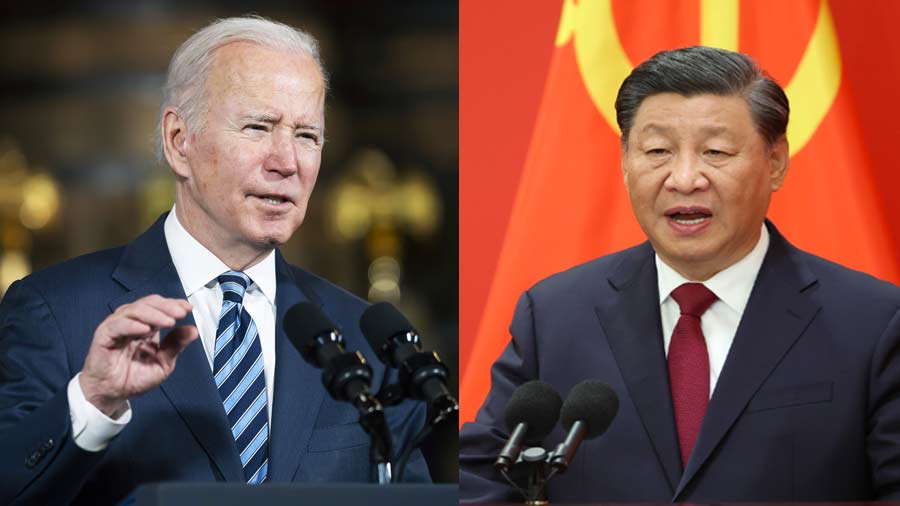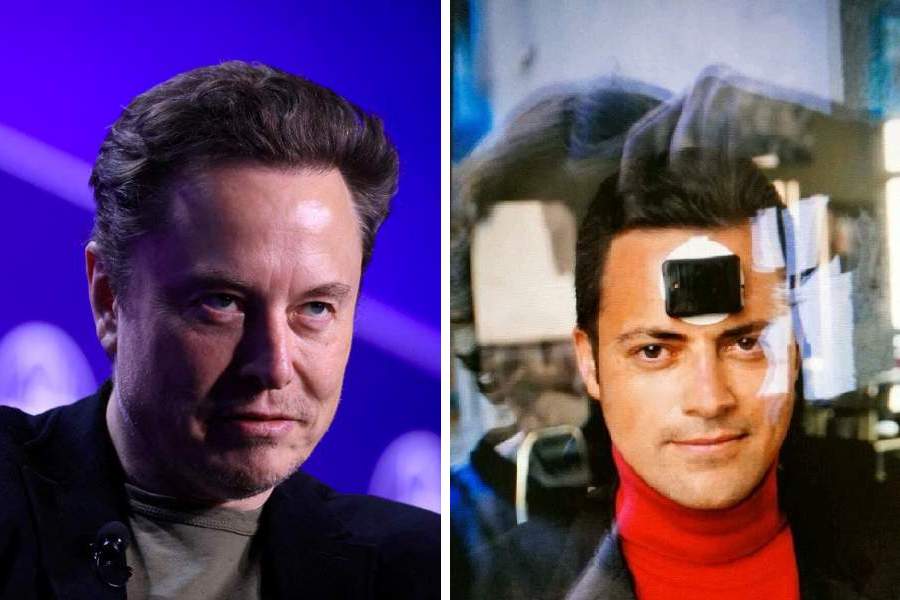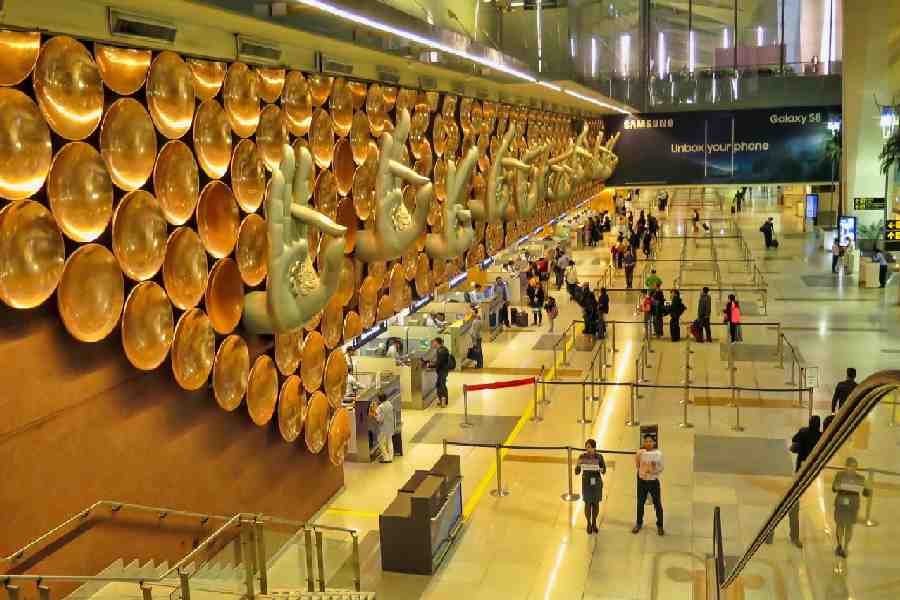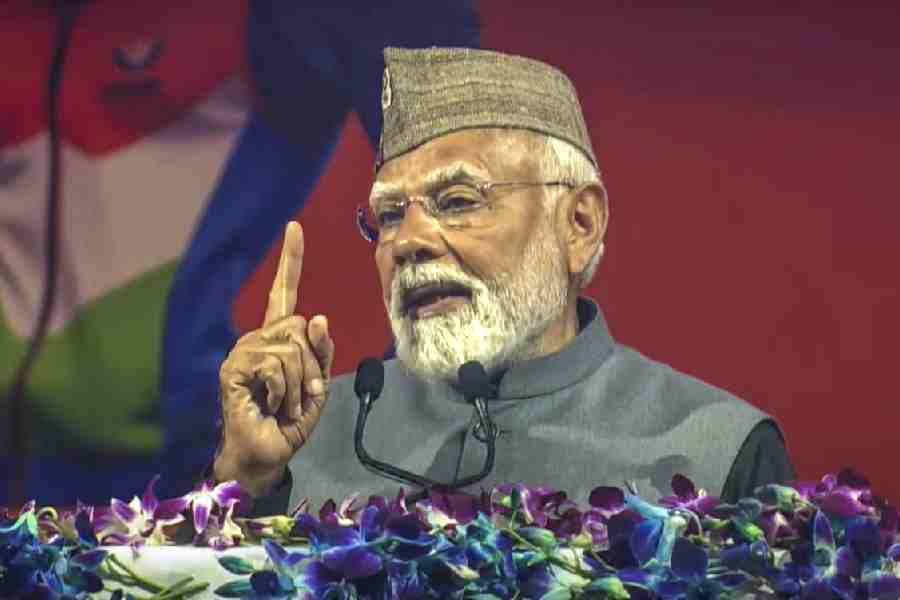Diplomacy always has an element of showmanship to it. But Monday’s meeting between the Chinese president, Xi Jinping, and his counterpart from the United States of America, Joe Biden, appears to have involved a more blunt conversation than is often the case when leaders of two powers meet. That is good for the world. According to the US government, Mr Biden made it clear to Mr Xi that Washington would continue to compete vigorously with Beijing and articulated concerns over China’s human rights record. Mr Xi emphasised that the current trajectory of bilateral relations — marked by deep tensions — was not in the interests of either the US or China. At the same time, the leaders agreed on the need to cooperate on transnational challenges such as climate change, which is vital since their nations are the world’s biggest polluters. Their clear message against the use of any nuclear weapons would have been heard in Moscow, where the Russian president, Vladimir Putin, has issued veiled threats that he is open to using everything in his military arsenal if he feels threatened during the war in Ukraine. Crucially, the leaders of the world’s two biggest economies agreed to keep the lines of communication open. That is important to avoid misunderstandings, as the hotline between the White House and the Kremlin during the Cold War showed.
The fact that Mr Biden and Mr Xi have known each other for many years, meeting frequently when they were vice-presidents of their countries a decade ago, has likely helped reduce the risk of personal friction between them. Following their meeting, both sides tried to lower the temperature of their strained ties: Mr Biden said he did not believe a new Cold War was inevitable, while the Chinese side described the meeting as candid and constructive. Still, the truth is that the countries are moving away from the economic dependence that has forced them to work together. China has decided to stop its tech majors from listing in US stock exchanges. The US has cautioned its companies against major investments in China. Mr Bi - den recently imposed tough sanctions meant to stifle China’s semiconductor industry and has repeatedly indicated that he will send the US military to defend Taiwan if Beijing attacks the self-governing island. A genuine reset will need more than a handshake, photo-op and chat. The world needs that, but it remains to be seen whether Washington and Beijing believe they do too.











